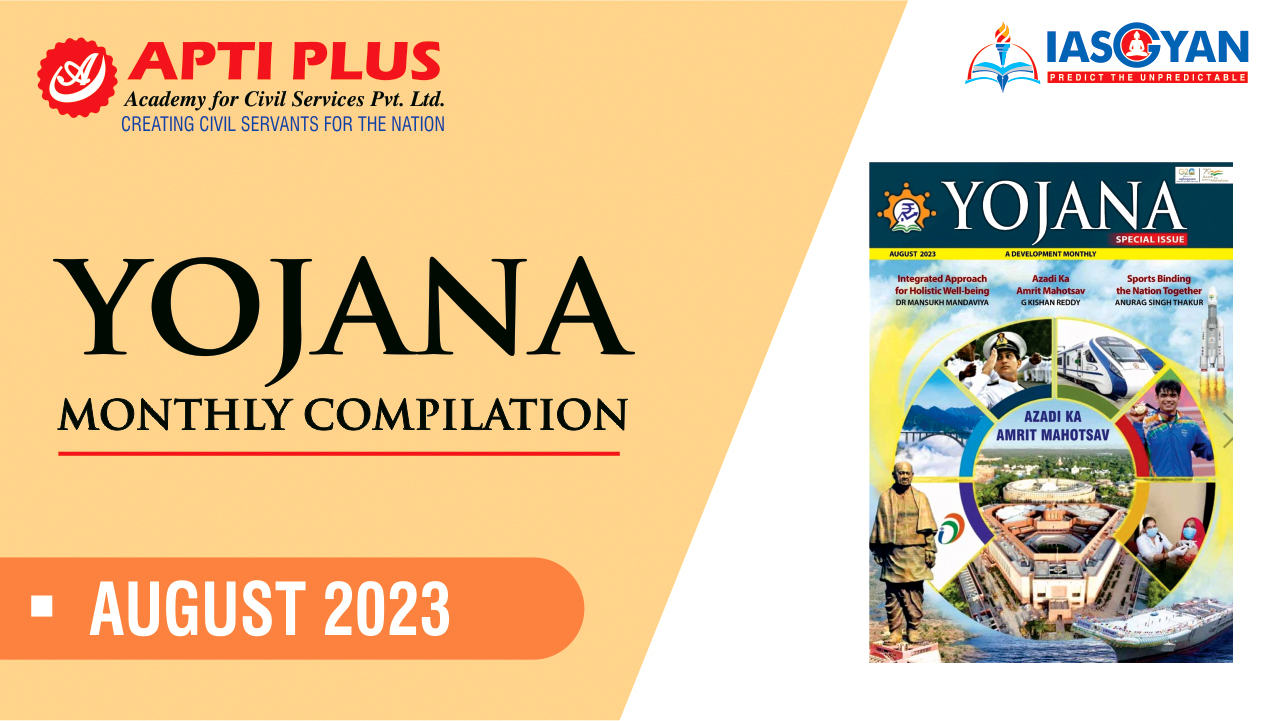_ACT,_1974.png)
Copyright infringement not intended
Picture Courtesy: legiteye.com
Context: The Madras High Court hearing a case regarding a detention order issued under the Conservation of Foreign Exchange and Prevention of Smuggling Activities Act (COFEPOSA) Act, 1974.
COFEPOSA Act
About
- The Conservation of Foreign Exchange and Prevention of Smuggling Activities (COFEPOSA) Act, was enacted by the Parliament of India in 1974. Its primary objectives are to prevent and combat smuggling activities, conserve foreign exchange, and address related matters.
- The COFEPOSA Act can be used to detain persons who are suspected of being involved in a wide range of offences, including:
- Smuggling of goods or foreign exchange
- Dealing in smuggled goods
- Financing of smuggling activities
- Abetting or conspiring to commit smuggling offences
- Other economic offences that could harm the country's foreign exchange reserves
- The COFEPOSA Act is administered by the Ministry of Finance. When the government decides to detain a person under COFEPOSA, it must issue a detention order. The detention order must state the grounds for detention and must be served on the person as soon as possible.

Key Features of the COFEPOSA Act
- Detention Authority: The COFEPOSA Act grants the power of preventive detention to the Central Government, State Government, or specific government officials. They can detain individuals, including foreigners, involved in various smuggling-related activities, such as smuggling, aiding and abetting smuggling, transporting, concealing, storing, harbouring smugglers, and dealing in smuggled goods.
- Review by Central Government: If a State Government issues a detention order, it must send it to the Central Government within 10 days for review and approval. This ensures a level of oversight and uniformity in the application of the law.
- Communication of Grounds: The Act mandates that the grounds for detention must be communicated to the detainee within 5 days of their detention. However, there is a provision for a delay of up to 15 days if the reasons for the delay are provided in writing. This ensures that detainees are informed of the basis of their detention promptly.
- Legal Compliance: The authority issuing the detention order is required to demonstrate to both the courts and the detainee that the order has been issued in accordance with the law and with due consideration. This emphasizes the importance of following proper legal procedures in detention cases.
- Judicial Review: High Courts have the authority to examine detention orders before they are executed. It's worth noting that detention orders cannot be challenged at the pre-execution stage solely on the grounds of delay in execution. This allows for a legal check on the validity of detention orders.
- Nationwide Execution: Detention orders can be executed anywhere in India, similar to arrest warrants under the Code of Criminal Procedure, 1973. This ensures that the law can be enforced across the country.
Significance of the COFEPOSA Act
Preventing Smuggling
- Smuggling poses a serious threat to a country's economy and security. Smuggled goods can include items like narcotics, arms, counterfeit currency, and even hazardous materials.
- By providing legal provisions for the detention of individuals involved in smuggling, the COFEPOSA Act serves as a deterrent to such illegal activities. This, in turn, helps safeguard the national economy and ensures public safety.
Foreign Exchange Conservation
- Smuggling often involves the illegal movement of goods across borders without proper documentation or taxation. This leads to revenue losses for the government and hampers the efficient utilization of foreign exchange reserves.
- The COFEPOSA Act empowers authorities to detain individuals suspected of being involved in such activities. By curbing smuggling, the Act helps conserve foreign exchange, which is essential for maintaining a stable balance of payments. A stable balance of payments, in turn, ensures the country's ability to meet its international financial obligations and maintain economic stability.
Challenges related to preventive detention measures, particularly COFEPOSA
Human Rights Concerns
- Deprivation of Liberty: Preventive detention measures, such as COFEPOSA (Conservation of Foreign Exchange and Prevention of Smuggling Activities Act), allow authorities to detain individuals without a regular trial. This can result in prolonged periods of detention without formal charges being filed, which raises concerns about the violation of an individual's right to liberty.
- Due Process: Human rights advocates argue that such detention measures can be used arbitrarily and may not always adhere to due process standards. Detainees may not have access to a fair and prompt trial, making it difficult to challenge their detention or present a defence.
- Torture and Abuse: In some cases, detainees held under preventive detention laws may be at risk of torture or abuse while in custody. This underscores the importance of monitoring detention conditions and ensuring detainees' safety.
- International Human Rights Standards: These concerns often intersect with international human rights standards, including the Universal Declaration of Human Rights and the International Covenant on Civil and Political Rights, which emphasize the right to liberty and the importance of due process.
Legal Safeguards
- Evidence and Justification: One of the key challenges in preventive detention is ensuring that detention orders are based on concrete evidence and justifiable reasons. Authorities must demonstrate that there is a genuine threat or need to detain an individual to prevent a specific crime, such as smuggling in the case of COFEPOSA.
- Judicial Oversight: To address these concerns, many legal systems provide for judicial oversight of preventive detention orders. However, ensuring that the judiciary has the independence and capacity to review detention orders thoroughly is essential. Additionally, legal safeguards may vary from one jurisdiction to another, impacting the consistency of protection for detainees' rights.
- Detainees' Rights: Detainees should have the right to legal representation, access to information about the reasons for their detention, and the ability to challenge the detention in a fair and timely manner. These rights are critical in upholding the principles of justice.
- Periodic Review: Some legal systems require periodic review of preventive detention orders to determine whether continued detention is necessary. These reviews help ensure that detention remains proportionate to the perceived threat or risk.
Addressing these challenges involves finding a balance between the legitimate need to protect society from potential harm and safeguarding individuals' fundamental rights. It often requires continuous scrutiny of the legal framework, effective oversight mechanisms, and adherence to international human rights standards.
Way Forward for addressing the challenges posed by the COFEPOSA
Balancing Act
- Striking a balance between combating smuggling and protecting individual rights is indeed crucial. Preventive detention should only be used when necessary, and it should strictly adhere to the legal framework.
- It's essential to ensure that individual's rights are respected, including access to legal representation and a fair trial. Transparency in the decision-making process and the establishment of oversight mechanisms can help maintain this balance.
Reforms
- Continuous evaluation and reforms of the COFEPOSA Act and related processes are essential to address any shortcomings or potential abuses. This can involve regular reviews by legal experts and policymakers to identify areas where the law may need to be amended or clarified.
- The goal should be to make the law more effective in combating smuggling while also protecting individual liberties.

Conclusion
- Addressing the challenges posed by the COFEPOSA Act requires a delicate balance between combating smuggling and safeguarding individual rights. This can be achieved through ongoing reforms that ensure the law's effectiveness while upholding fundamental liberties. By implementing robust legal safeguards, promoting judicial oversight, and adhering to international human rights standards, India can strike a fair and just equilibrium in the application of preventive detention measures.
|
PRACTICE QUESTION
Q. What are the key features of the COFEPOSA Act that grant detention authority, ensure oversight, and require communication of grounds for detention, and how do these features contribute to the Act's significance in addressing smuggling and foreign exchange conservation in India?
|




_ACT,_1974.png)